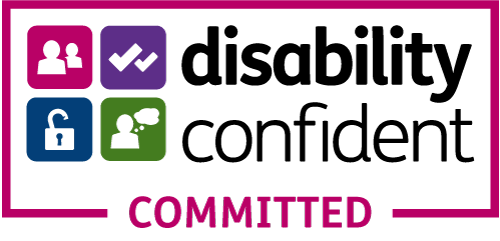Effective management of staff schedules and client needs is more critical in today's care sector. The demand for care services continues to grow, but many organisations still rely on outdated systems, manual processes, and fragmented tools that hinder efficiency. Optimising care and rota management through digitisation is no longer a luxury, it’s a necessity for delivering high-quality care and reducing strain on care teams.
From Chaos to Clarity
The care sector can no longer afford inefficiency. Manual processes and fragmented systems lead to confusion, last-minute changes, and unnecessary stress for care teams. Digitisation offers a way forward, transforming this chaos into clarity; streamlining workflows, reducing admin time, and putting the focus back on delivering exceptional care.
The Importance of Optimisation
Efficient rota management directly impacts the quality of care. Poor scheduling can lead to staff burnout, missed shifts, and, ultimately, a decrease in client satisfaction. According to a study by the National Institute for Health Research, poor rota management has been linked to increased stress among care workers, directly affecting their ability to provide compassionate care.
Digitisation offers a solution. By automating and streamlining scheduling, care providers can save time, reduce errors, and focus more on delivering person-centred care. Technology also enables real-time updates, ensuring that care teams are always aligned and well-prepared to meet the needs of clients.
Care Teams Deserve Better—Here’s How Elate Delivers
Elate isn’t just software; it’s a game-changer. By integrating scheduling, care planning, and communication into one platform, Elate removes the need to juggle multiple tools. Real-time updates and user-friendly design mean care teams can work smarter, not harder.




.jpg)

.jpg)









